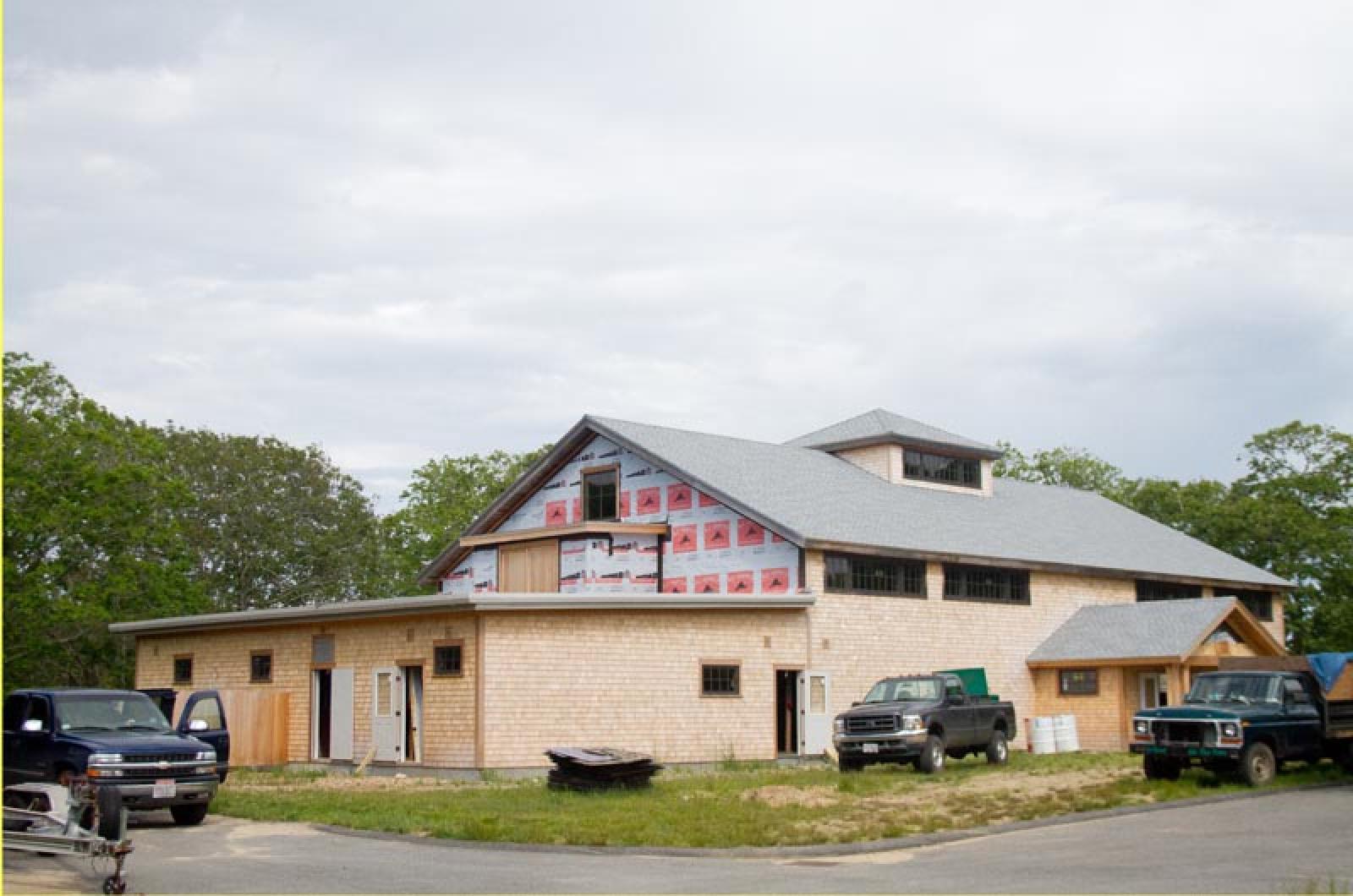A six-year-old agreement between the town of Aquinnah and the Wampanoag Tribe of Gay Head (Aquinnah) that spelled out a detailed process for government-to-government collaboration on land use projects has been severed by the tribe.
In a Feb. 11 letter to the Aquinnah selectmen, tribal chairman Cheryl Andrews-Maltais notified the board that the tribal council had voted on Feb. 2 to terminate the intergovernmental agreement. “This letter shall serve as the required 30 days written notice of termination,” Mrs. Andrews-Maltais wrote.
Signed by both sides in 2007 after months of negotiations, the 12-page agreement among other things calls for a parallel regulatory process between the town and the tribe on land use projects, including mediation in the event of a dispute. The agreement followed a 2004 Massachusetts Supreme Judicial Court decision that said the federally-recognized Wampanoags had waived their sovereignty on land use projects when they signed an Indian land claims settlement with the town 10 years earlier. As a result, the court said the tribe was bound to follow state and local zoning laws on development projects.
The later 2007 intergovernmental agreement has never been used, but was widely seen as a symbol of cooperation between the town and the tribe.
In a statement emailed to the Gazette this week, Mrs. Andrews-Maltais said: “The agreement required the tribe to relinquish too many rights . . . [and] unnecessarily compromised tribal sovereignty.”
At their meeting Tuesday selectmen read aloud the brief letter from Mrs. Andrews-Maltais and expressed open surprise and puzzlement.
“Any idea as to why they would want to terminate the agreement?” asked selectman and board chairman Spencer Booker. “I didn’t see that coming down the road.”
“This closes doors, not opens them,” said selectman Jim Newman. “The purpose of this agreement was to avoid going to court and was to come up with an amicable solution that both sides could live with,” he added. “I was disappointed — we worked hard on it.”
Selectman Beverly Wright echoed the sentiment of her two colleagues.
“The first thought that came to my mind is, no man is an island unto themselves,” she said. “We’re all trying to work toward a mutual understanding and a mutual purpose. This agreement that was terminated . . . established a process to try and come to some kind of agreement or to understand both sides, whether or not you agreed with what the other side was saying.”
The termination letter from Mrs. Andrews-Maltais comes as the tribe pursues plans to build a casino in southeastern Massachusetts and also convert the tribal community center in Aquinnah to a Class II bingo facility. Both plans face obstacles. The tribe is at odds with Gov. Deval Patrick, who continues to negotiate with the Mashpee Wampanoags for the sole license reserved for an Indian tribe under a new state law that allows gambling. The Vineyard Wampanoags have vowed to press for their rights in federal court. As for converting the community center to a bingo hall, the town attorney has said it is not allowed under zoning. And while the tribe has publicly stated its plans, to date the community center is an unfinished building with no occupancy permit from the town.
In her emailed statement Mrs. Andrews-Maltais said the tribal council objected to any kind of joint permitting and dispute resolution process “instead of in a federal court, knowledgeable of federal Indian law and tribal rights. The tribal council believes the 2007 agreement unnecessarily compromised tribal sovereignty and inhibits the tribe’s ability to effectively plan its future. As the elected leaders of the tribe, we made the best decision for our tribal members. We look forward to continuing to work together collaboratively with the town to the benefit of both our constituents.”
The termination of the agreement marks the latest point of tension between the town and the tribe. In recent months, the selectmen have expressed open concern about poor communication on a variety of fronts, including the casino plans. Mr. Booker and Mrs. Wright, who are also members of the tribe, have been the brunt of criticism from Mrs. Andrews-Maltais, who has accused them of putting the interests of the town above the interests of the tribe.
Mr. Booker has called for some kind of summit meeting between the town and the tribe.
“And the silence continues,” he said on Tuesday. “To be continued.”





Comments (1)
Comments
Comment policy »